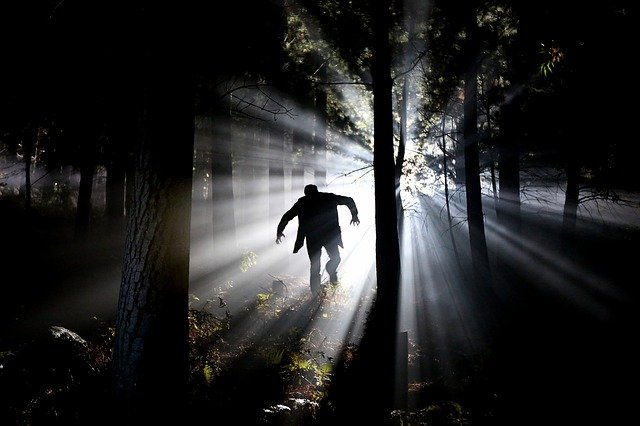That Time Science Fiction Was Invented By Teenager
As far as I’m concerned, the genre we call science fiction originated about 200 years ago in an villa on Lake Geneva, in the mind of an 18 year old woman. Whether or not you agree depends, in part, on what you want to classify as science fiction. I suppose there are many definitions and some are expansive enough to include just about anything fanciful, dating back to ancient mythology. My goal is not really to define the term so much as talk about something that changed in the world when Mary Shelley first put pen to paper and wrote Frankenstein. It was the birth of a different kind of literature. You can call it what you like, but I call it science fiction and designate it the proper ancestor of everything from The War of the Worlds to 1984 to Battlestar Galactica.
Shelley first conceived the idea in 1816 and published the book in 1818. I guess that means one could commemorate the 200th anniversary of its composition at any time between last year and next. How about now? The account of the novel’s origin is a pretty good story on its own. A year earlier in the winter of 1815, Mary gave premature birth to a baby that didn’t live for more than two weeks. Percy Shelley, the father, showed little outward regard for either child or mother and engaged in an affair with Mary’s stepsister.
Mount Tambora in Indonesia erupted a few months later. It was the largest volcanic event in recorded history and by the time its ejecta wafted over Europe in the summer of 1816, it so darkened the sky that the summer turned into something more like a rainy early spring. This was the weather outside when Mary and Percy, with whom she had found some reconciliation, holed up with some friends in the Swiss villa and challenged each other to write ghost stories.
The result of that was Frankenstein. It is in essence a novel about a brilliant man who creates something and is so horrified by the result that he abandons it. You know, like Mary’s husband. We shouldn’t forget the deeply personal themes at the heart of the story. How much is the monster like a child who never grows up? What,then, makes this the birth of science fiction?
Clearly, we can start with the observation that the child in this case is not human. Shelley was writing near the end of the Industrial Revolution and though her work owes a lot to pre-industrial legends and literature, it may not have taken the form it did prior to the age of machinery. During Shelley’s life, human invention was changing society and the surface of the Earth at an unprecedented pace. As a species, we gave birth to a new world. While that has brought fantastic prosperity to those with access to it fruits, it has also altered the face of creation. However, we cannot accept this and simultaneously disown our progeny. Events such as Hurricane Harvey, intensified by climate change, turn on us and destroy us while we deny our paternity. The abandoned child runs amok.
Ultimately, I think science fiction is about the projection of human intellect and its consequences. That is, the human brain is little different than it was 10,000 years ago. That same brain that evolved for the sake of superior hunting is the one that took us to the moon and built the computer on which I am writing this. The invention of tools and the use of complex language is perhaps our most defining characteristic, but it is only with the industrial revolution that we were able to conceive the possibility that there is nothing that we cannot some day change according to our desires. Everything that we create is like a prosthetic for the mind, an artificial limb of enormous power that translates imagination into reality. Yes, even my dishwasher fits this rather grandiose description.
We can imagine a better world or a dystopia, but we imagine these things the way we do because of Mary Shelley. After all, she subtitled the book The Modern Prometheus. If Prometheus was a god who created humanity and gave it fire, then the Industrial Revolution marks humanity growing up to be like its parent and birthing its own children. Zeus was afraid of the results of human invention and perhaps the old man was right, but humanity was also capable of great compassion and in the end we rescued Prometheus from the cliffside. Can we hope that our own creation will show similar mercy?

Great post!
I am pleased to announce that your post has been featured in Max Curation Edition No. 10 published on Steemit.
You can take a look at it HERE.
Congratulations and Steem On!
I am honored. Thank you very much!